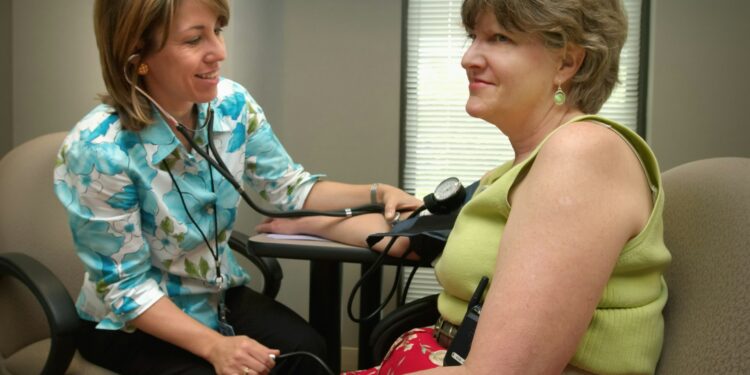Cold Hard Truth About Antibiotics
Despite common practice, a recent study reveals that antibiotics prescribed for coughs, even when bacterial infections are suspected, don’t alleviate cough severity or duration.
Lead researcher Dr. Dan Merenstein, a professor of family medicine at Georgetown University School of Medicine, emphasizes the potential risks of lower respiratory tract infections leading to conditions like pneumonia, affecting 3% to 5% of patients. The prevailing expectation for antibiotics among patients, coupled with limited access to immediate X-rays to confirm bacterial infections, likely contributes to antibiotic prescriptions.
To assess the efficacy of antibiotics for coughs, researchers monitored their use in individuals with lower respiratory tract infections. Surprisingly, antibiotic prescriptions—given to approximately 29% of patients during initial medical visits—failed to impact cough severity or duration compared to those without prescriptions. Regardless of antibiotic use, patients took about 17 days to recover from their infections.
Published in the Journal of General Internal Medicine on April 15, the study underscores the escalating risks of antibiotic overuse, leading to bacterial resistance. Dr. Mark Ebell, a professor at the University of Georgia College of Public Health, highlights physicians’ challenges in accurately diagnosing bacterial infections and the overestimation of antibiotic necessity.
Merenstein stresses the imperative for further research into cough management, particularly given its prevalence as a primary reason for ambulatory and emergency care visits. He suggests the need for randomized clinical trials to explore optimal cough treatment strategies, given the evolving understanding of cough-related symptoms and their potential seriousness.

































Discussion about this post